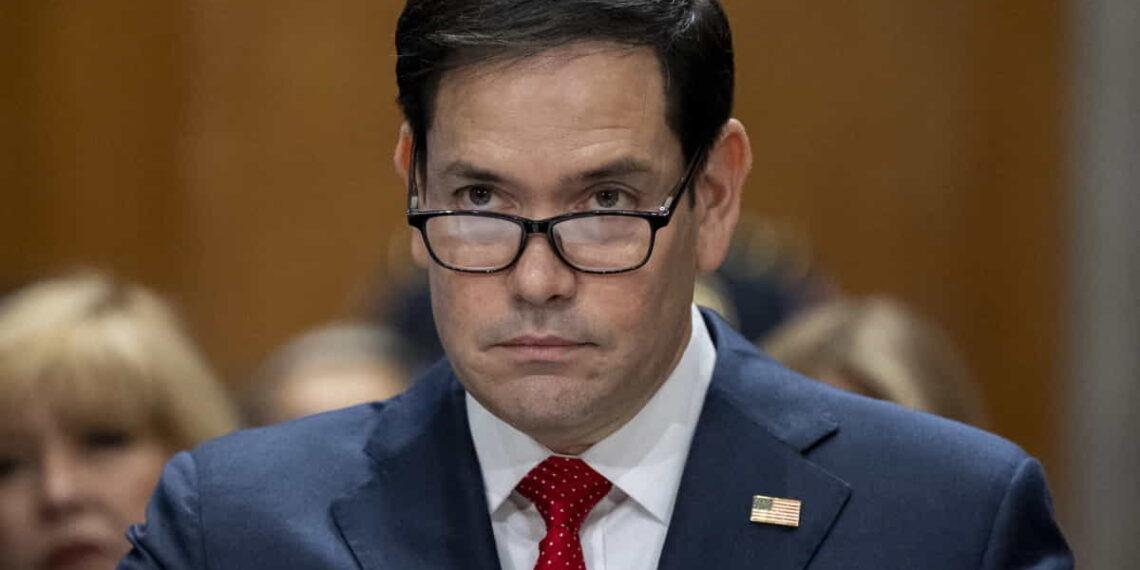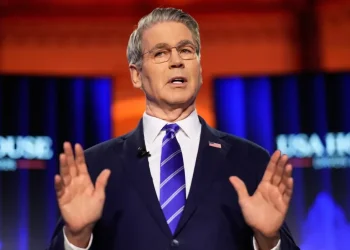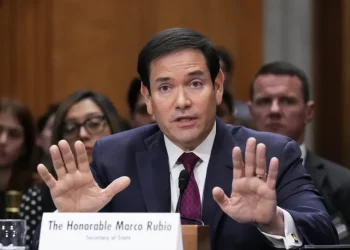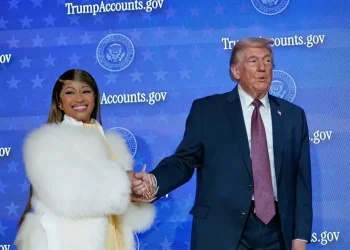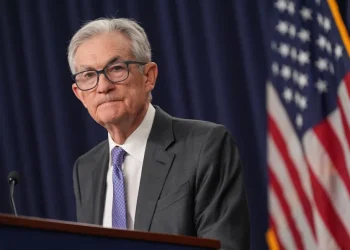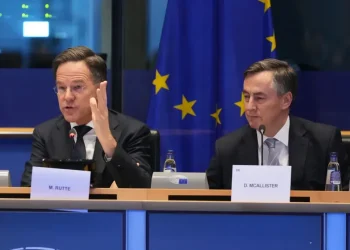Marco Rubio: China is America’s ‘Biggest Threat,’ Reaffirms NATO Alliance Value
Introduction Florida Senator Marco Rubio delivered a stark warning during his Senate confirmation hearing on Wednesday, highlighting the critical challenges posed by China and addressing America’s position on global alliances. As Rubio vies to become the next Secretary of State, his testimony emphasized a need for swift policy adjustments to protect U.S. interests.
China: America’s ‘Biggest Threat’ Rubio painted a grim picture of America’s “unbalanced relationship” with China, describing it as the greatest threat to U.S. prosperity in the 21st century. He warned that without significant shifts, China would dominate areas crucial to American security and daily life.
“If we don’t change course, we are going to live in a world where much of what matters to us on a daily basis — from our security to our health — will depend on whether the Chinese allow us to have it or not,” Rubio testified.
Rubio criticized globalism, claiming it had been weaponized against the U.S., and urged policymakers to prioritize “core national interests.”
Affirming NATO’s Value When asked about NATO, Rubio called the 75-year-old alliance “very important,” aligning with President-elect Trump’s critique that European allies should contribute more to their defense. Rubio stressed that the U.S. must decide its role within the alliance, whether as a primary defender or a “backstop” against aggression.
Warm Reception in the Senate The confirmation hearing highlighted Rubio’s bipartisan appeal. Joking about the “surreal” nature of being on the other side of the dais, Rubio quipped:
“I hope I can earn your support, whether it’s because you believe I would do a good job or because you want to get rid of me.”
Colleagues on both sides of the aisle welcomed Rubio warmly, viewing him as a “responsible” pick likely to maintain America’s global leadership.
Evolving Political Career Rubio’s journey reflects an evolving relationship with Trump, transitioning from rivals in the contentious 2016 GOP primaries to close allies. Rubio, once a proponent of immigration reforms, has shifted toward a hardline stance mirroring Trump’s policies, such as aggressive deportation measures.
If confirmed, Rubio would become the first Latino to serve as Secretary of State. His experience on the Senate Foreign Relations and Intelligence Committees has shaped his firm approach to global threats.
Strong Stance on Cuba Rubio reiterated his opposition to softening policies toward Cuba, criticizing the Biden administration’s decision to rescind Cuba’s designation as a state sponsor of terrorism. He firmly supported reversing this decision, stating:
“Nothing that the Biden administration has agreed to in the last 12 or 18 hours binds the next administration.”
Historical Context of Secretaries of State Rubio’s potential appointment follows a legacy of impactful Secretaries of State, including James Baker and Condoleezza Rice. However, the relationship between Rubio and Trump stands out due to their tumultuous history during the 2016 GOP primaries.
Trump’s relationship with former Secretary of State Rex Tillerson, whom he fired via social media, adds intrigue to Rubio’s nomination.
Conclusion Marco Rubio’s confirmation hearing underscored his hawkish stance on China, commitment to NATO, and robust foreign policy credentials. With bipartisan support expected, Rubio is poised to play a pivotal role in shaping U.S. diplomacy, although his influence may remain secondary to the president. If confirmed, his tenure could mark a new chapter in America’s global leadership.
This article was rewritten by JournosNews.com based on verified reporting from trusted sources. The content has been independently reviewed, fact-checked, and edited for accuracy, neutrality, tone, and global readability in accordance with Google News and AdSense standards.
All opinions, quotes, or statements from contributors, experts, or sourced organizations do not necessarily reflect the views of JournosNews.com. JournosNews.com maintains full editorial independence from any external funders, sponsors, or organizations.
Stay informed with JournosNews.com — your trusted source for verified global reporting and in-depth analysis. Follow us on Google News, BlueSky, and X for real-time updates.
